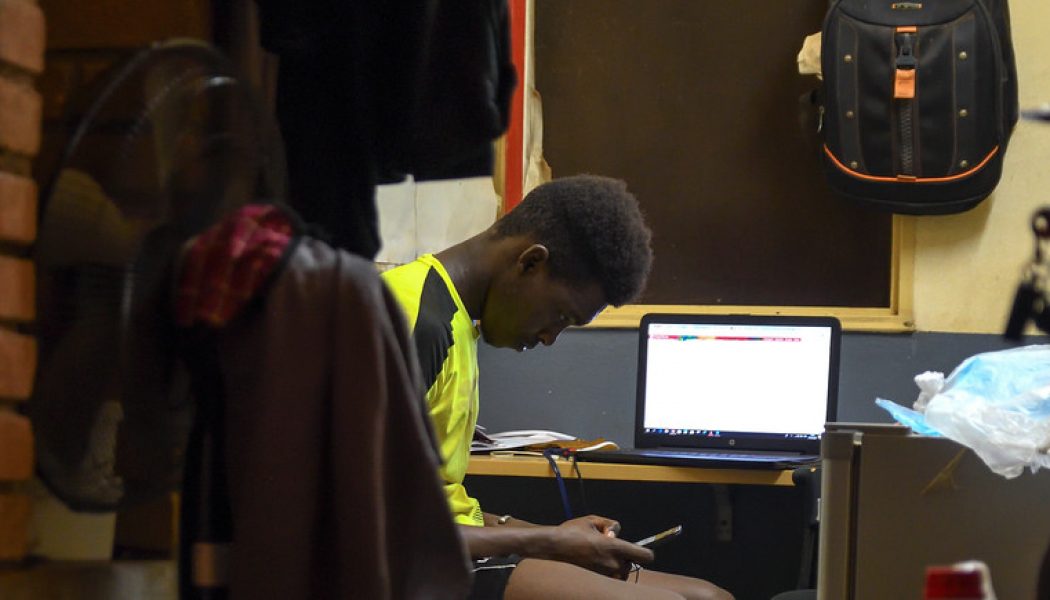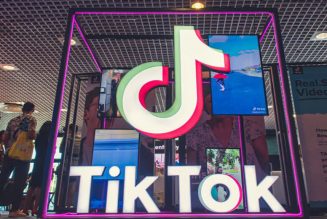Four steps to achieve a digital society for all Africans and avoid the stalling of African digitisation:
1. Bridging the digital divide
Broad-based digitisation, especially for those people at the bottom of the pyramid, is an effective measure to ignite and sustain economic growth, and it starts with ensuring access to digital infrastructure for all. A study by the International Telecommunications Union (ITU) found that expanding mobile broadband penetration by just 10% in Africa would equate to an increase of 2.5% in GDP per capita.
Yet, traditional models for investing in digital infrastructure do not stack up in many rural or remote areas, due to a combination of high deployment costs, regulatory barriers and poor returns on capital.
/* custom css */
.tdi_3_101.td-a-rec-img{ text-align: left; }.tdi_3_101.td-a-rec-img img{ margin: 0 auto 0 0; }
The international community must immediately unlock development financing to spend on new models of digital infrastructure investment, including financing partnerships between mobile operators and government to build shared infrastructure. Taking big bets on experimental technologies and innovations is also key.
A good example is our partnership with Google on Project Loon in Mozambique, which aims to provide 4G coverage across a 100,000 km2 area through a low-orbit balloon network. In parallel, we are exploring various alternative models in Africa, including OpenRAN and satellite, with the same objective.
2. Invest in digital inclusion and skills
Nearly half a billion people in Africa have mobile broadband coverage but do not access it. This clearly points to more complex barriers to digital inclusion than simply network coverage. UNCTAD in a 2019 study found that low digital skills and demand were the biggest barriers to digital entrepreneurship in developing countries.
The investment must be channelled into broad-based skills development in order for all citizens to get the most out of connectivity and develop an African digital ecosystem of local digital content and services.
This begins with governments integrating digital skills into national curricula for students, but should be extended out with businesses and community organisations providing life-long learning on digital topics. This will create informed demand for digital solutions that generate social and economic benefits in tune with specific local needs.
The Africa Union’s Digital Transformation Strategy provides an excellent proposal through its Massive Online Digital Skills for All programme.
3. Digitise public services, at scale
Whilst many governments across Africa have driven innovation in digital public services, there are few examples that deliver at scale. The COVID-19 crisis has accelerated initiatives around e-health and e-education.
In the past two months, the use of our e-learning platforms has surged across Africa, backed by governments working with telecom companies to zero-rate online education resources.
Public-private partnerships should now be established to scale these efforts, with the support of international development finance. Providing the entire public with high-quality digital health and education services would lock in the digital society for good.
4. Close the digital gap for small and medium enterprises
Those small and medium enterprises that have been able to ‘digitally diversify’ have proven themselves to be more resilient during the COVID-19 crisis. Those that did not now have to play catch-up in the midst of an economic crisis.
To support these businesses, we must leverage existing and create new technology offerings tailored towards micro-, small and medium-sized enterprises in Africa, rolled out with the support of the government.
A good example is mobile money, where many African countries already have made significant headway. Mobile money fulfils the twin objective of supporting (financial) inclusion for the unbanked while underpinning the growth of a new ecosystem of e-commerce, payments and financial solution for entrepreneurs.
MIT research also showed that access to the M-Pesa mobile money platform lifted 2% of households out of poverty in Kenya.
Finally, for all of these actions, we must ensure that acceleration of digital does not cement or exacerbate existing inequalities. There is already a 34% gender gap in digital access in sub-Saharan Africa.
A growing body of evidence highlights that women’s livelihoods will be disproportionately impacted by the crisis, including the risk that many girls are pulled out of education for good during or after lockdowns. If we do not proactively address these inequalities, digital growth across Africa will remain skewed along gender lines.
By Joakim Reiter, External Affairs Director at Vodafone
Edited by Luis Monzon
Follow Luis Monzon on Twitter
Follow IT News Africa on Twitter









